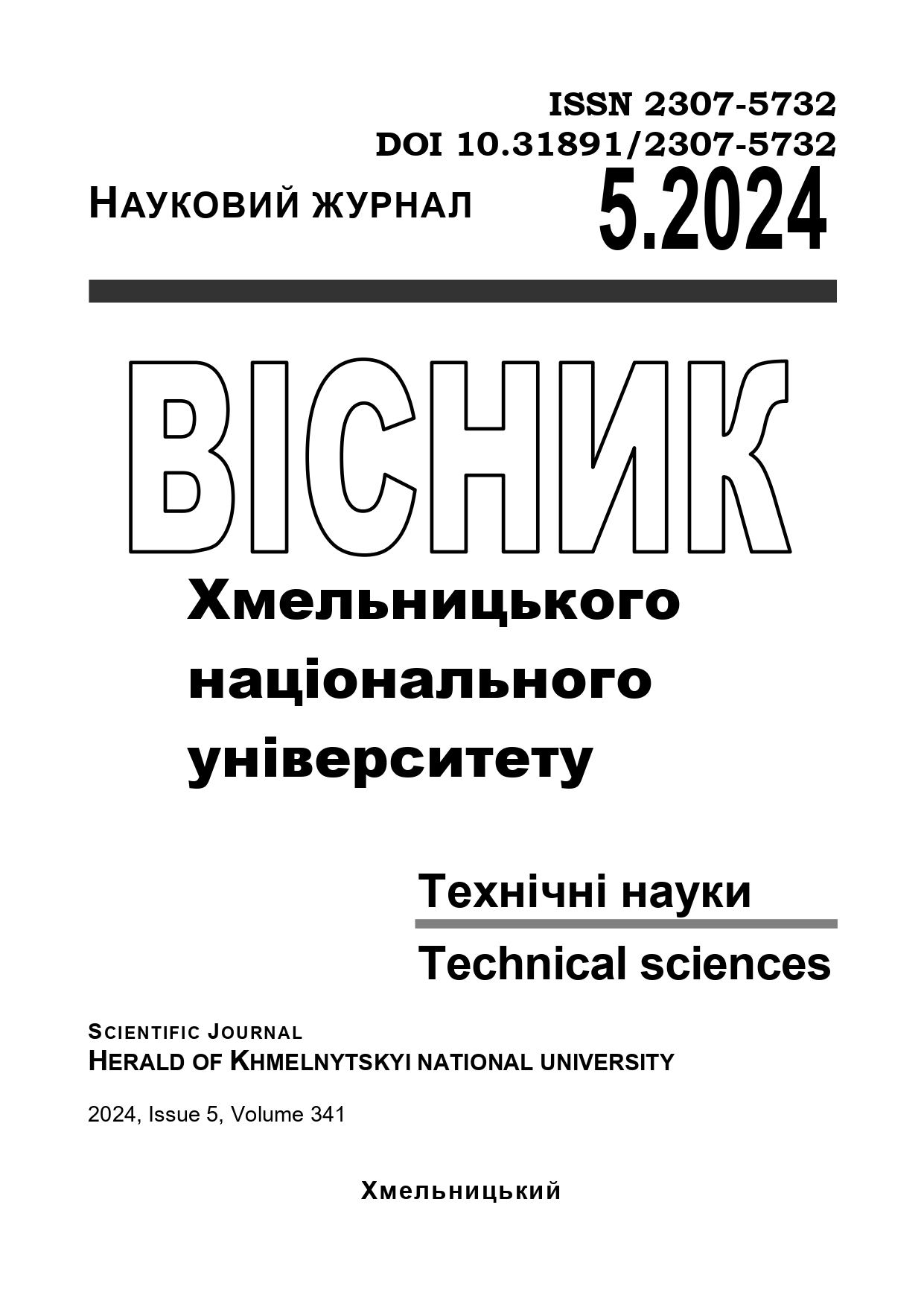ПЕРСПЕКТИВИ / МОЖЛИВОСТІ ЗАСТОСУВАННЯ CHAT GPT ДЛЯ СТВОРЕННЯ МЕТАДАНИХ БІБЛІОТЕЧНИХ РЕСУРСІВ
DOI:
https://doi.org/10.31891/2307-5732-2024-341-5-60Ключові слова:
штучний інтелект, мовні моделі, інтернет-ресурси, інформаційні ресурси, метадані, бібліотечні ресурси, Dublin Core, MARC 21, UNIMARKАнотація
У роботі розглядається можливість використання мовної моделі ChatGPT для процесів у бібліотеках пов’язаних з створенням метаданих бібліотечних ресурсів. Поряд з цим її можна застосовувати для автоматизації та удосконалення процесів опрацювання бібліотечних документів. Ця мовна модель може генерувати метадані на основі текстового опису ресурсу, використовуючи алгоритми обробки природної мови. Ця властивість дозволить спростити та пришвидшити процеси пов’язані з опрацюванням ресурсів, допомагаючи цим самим працівникам бібліотеки а також фахівцям з інформатизації зекономити час та зусилля. Бібліотечні ресурси можуть бути автоматично описані за допомогою ChatGPT, включаючи назву, автора, тему, опис, дату публікації, мову, тип ресурсу та інші характеристики. Такий підхід відкриває нові можливості для отримання потрібної інформації а також дозволить краще структуризувати наявні ресурси.

